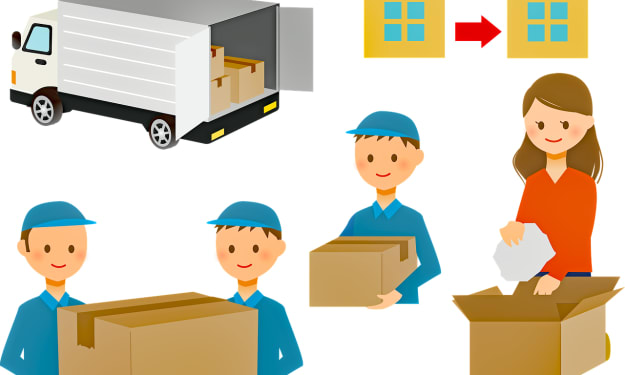Recycling: How It Works to Save the Environment
The only effective method to use the resources of the earth is to decrease the number of things we use daily

The only effective method to use the resources of the earth is to decrease the number of things we use daily and to reuse the things that we mostly throw away. When you can’t decrease or reuse, recycling is the best solution rather than throwing it away. Here is a brief note on what recycling is and how it works.
Importance of Recycling
Well, recycling is indeed not that tough as you may think. It is all about incorporating certain changes in your habit. Recycling mostly takes place in two manners. It’s either the government that organises the collection of garbage from door-to-door or recycled materials can be taken to a recycling centre. There are containers for different kinds of wastes that make the process of recycling simpler and faster. The basic difference between recycled waste and a bag of garbage waste is that the recycled waste is segregated and may include glass bottles, papers, cans and so on. If you think this is too tedious a task, simply get in touch with the rubbish removal professionals in Bondi.
Why should you Recycle?
When the waste pieces of stuff goes into the trash, people feel happy with the mere thought that they got rid of unwanted things. However, it doesn’t end there as the things we dispose of go elsewhere. They either go underground in landfills to be bulldozed or get burnt in incinerators. The first method is quite polluting as they stink horribly and also take up unwanted space. Furthermore, it leads to water pollution and the formation of harmful soil that can also be dangerous for fish in seas and rivers.
Benefits of Recycling
The major advantage of recycling is that it helps to conserve materials and decreases the need for using the landfill method. It also reduces pollution and makes the environment more eco-friendly. When you recycle, you just don’t save the materials but also energy. If everyone starts understanding the importance of recycling, there would be a major reduction in the utility of energy and raw materials. Here is an overview of how to recycle specific types of wastes.
Garden and Kitchen waste
If you make your compost, the majority of the garden and kitchen waste can be recycled. Compost is earth-like item that is formed when carbon-based items are biodegraded. It is ideal to use it on gardens as it brings back the nutrients in the soil which in turn contributes towards the growth of plants.
Papers
Paper cannot be recycled too many times, unlike other items. The reason being, papers are made using plant fibres that get shorter in the process of papermaking. If they are too short, then you cannot expect a good quality paper. The need to add new papers during the process of paper-making certainly arises.
Metal
Majority of the metals we discard come from food and beverage cans. The food cans are mostly made out of steel and the same is melted and transformed into newer food cans. As far as the beverage cans are considered, they are lighter and made out of aluminum. Recycling is simpler as aluminum cans have a greater value when it comes to recycling them.
Wood
Wood waste is used to make new wooden items like garden decks and wooden floor. The wooden railroad waste can be used like building timbers in residences. Besides, wood waste can be used to cut and stick together using adhesives to form compost woods like laminates. Recycling is indeed essential to protect our environment and keep it free from pollution. It is always good to think over before throwing away something that can be recycled and reused.






Comments
There are no comments for this story
Be the first to respond and start the conversation.